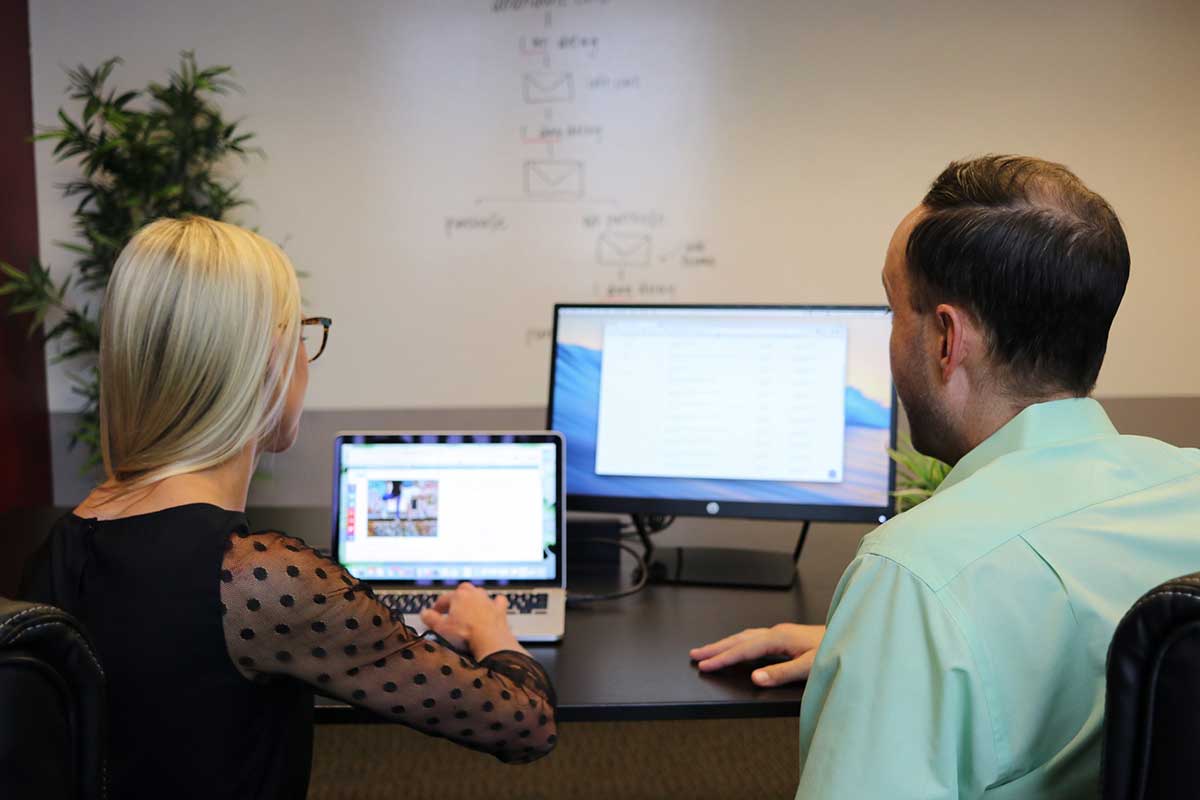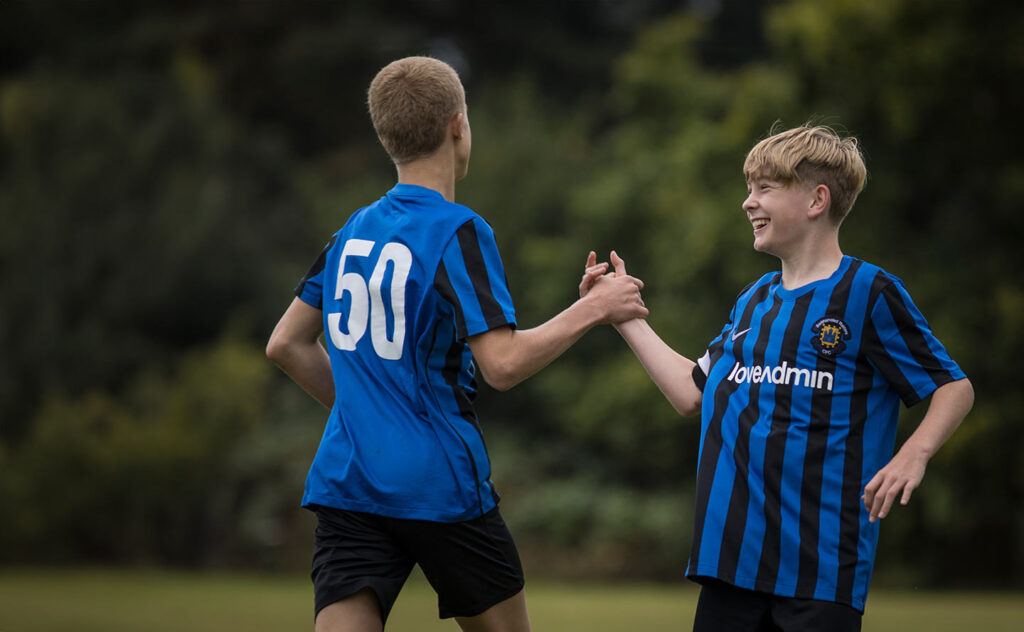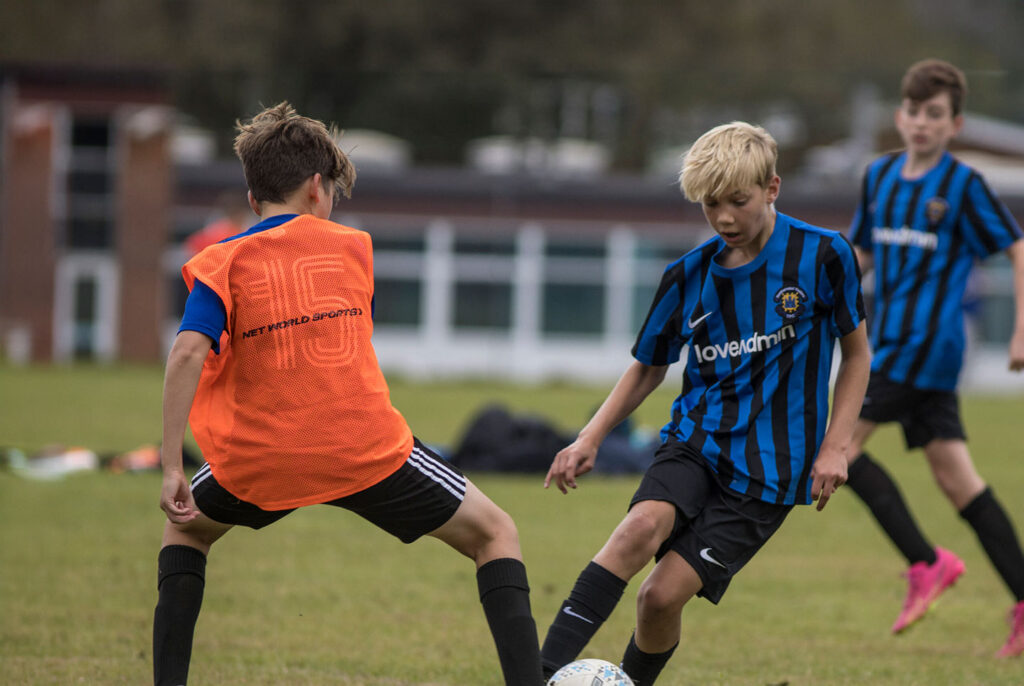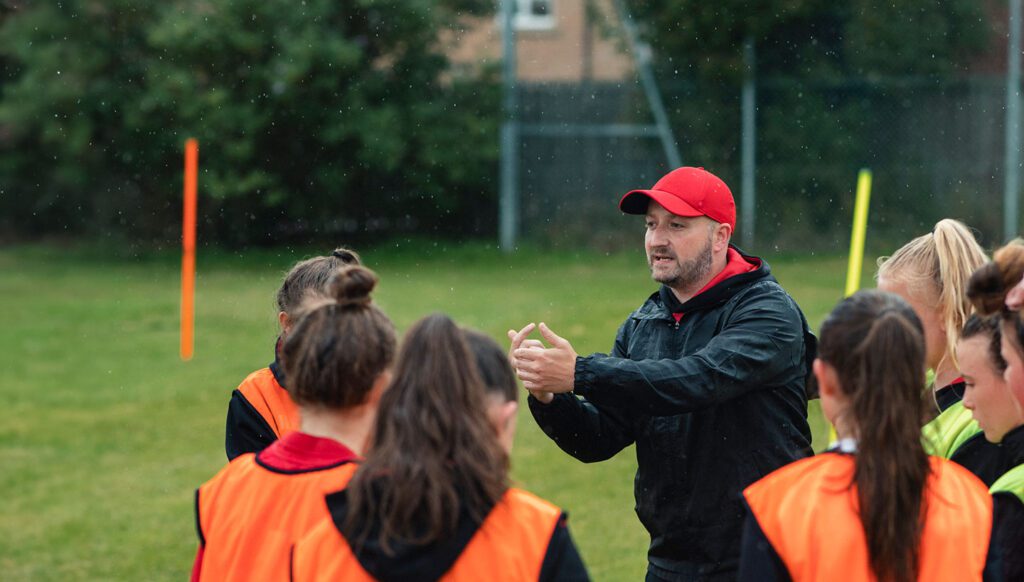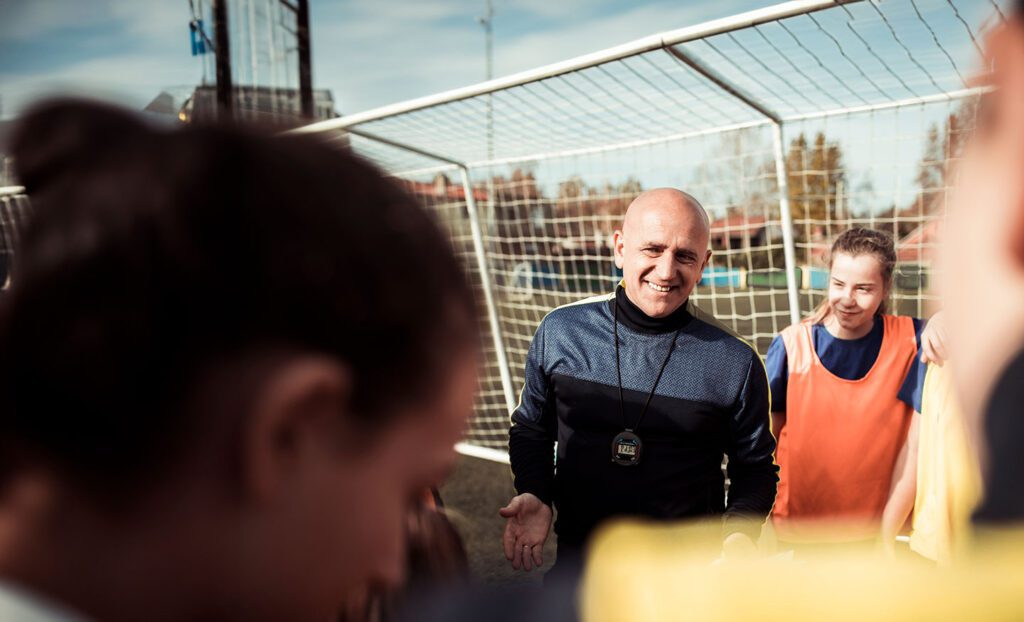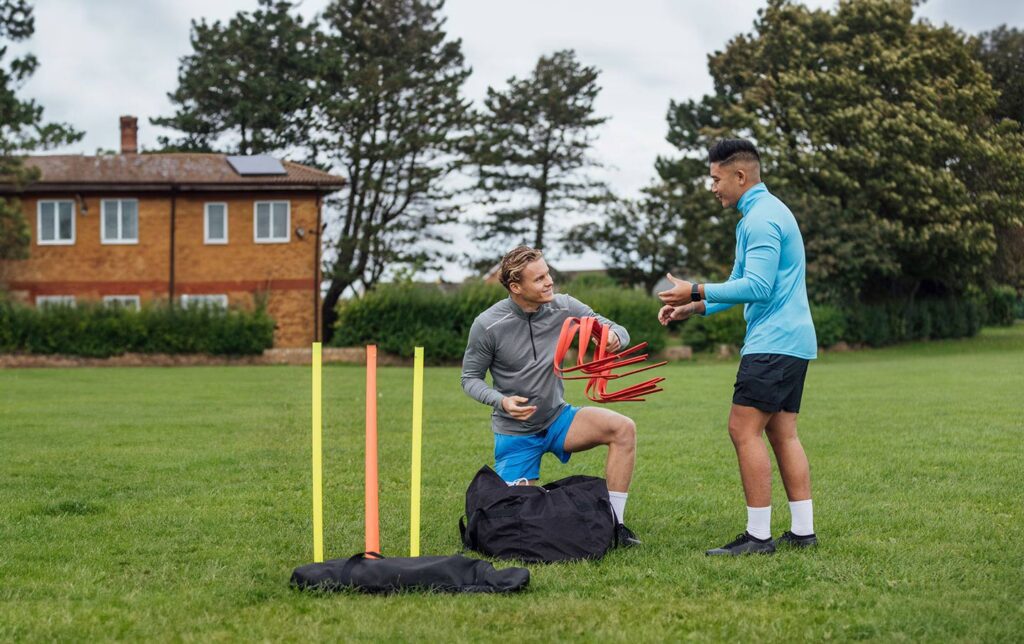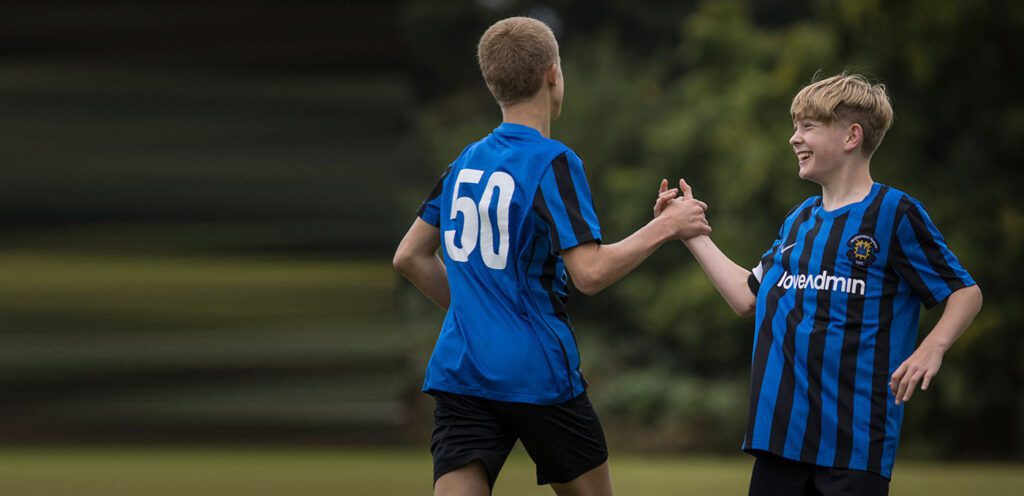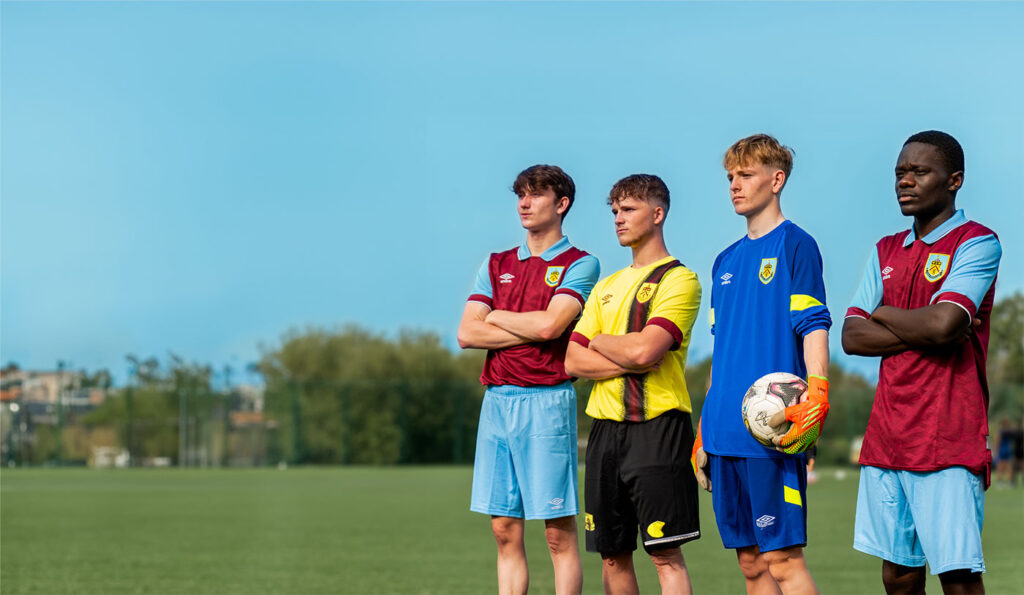For our new video series, we’re interviewing sports club consultant Caroline McRoyall
Caroline works with clubs and community groups to help them realise and achieve their goals. She is also Chair of Tooting and Mitcham football club.
Caroline has a wealth of knowledge and insight about grassroots sports, having previously been Surrey FA Chief Executive – whereby she was involved in the development of the new headquarters, Meadowbank Football Ground.
In our first video, LoveFootball Community Ambassador Mark Cornish speaks with Caroline about funding for grassroots clubs – a subject that’s always important for sports clubs, but especially now when revenue streams have been impacted by the pandemic.
Watch the video for Caroline’s expert advice on funding, how the landscape has changed in recent years, and her predictions for what the future of grassroots funding holds. We’ve also summarised her tips below.
Funding tips
Tip #1: Start planning your funding strategy by outlining your priorities
The words ‘funding strategy’ can sound daunting, conjuring up images of 50-page documents and a lot of work. But it certainly doesn’t need to be that complicated.
Start by building a clear picture of exactly what you want funding for. What are your priorities? Are there a number of different items you want funding for? Without starting here, you could end up wasting time and money on unnecessary elements. This also helps you to filter out different types of applications.
The next thing to think about is who will be undertaking this work. Who will complete the funding applications, and ensure the applications are appropriate to your club?
Tip #2: Remember that funding is a team effort
Organising funding ideally won’t be down to one person; it relies on the support of many stakeholders within your club committee. That includes your chair, your secretary and your treasurer.
If it’s not feasible for your club to work as a team on funding, you need to ensure someone with knowledge and expertise in the area is undertaking the work. This could be a person in a Development Officer role, who has time to fill out the information forms.
Tip #3: Consider bringing in new team members to aid your funding efforts
If you don’t have anyone within your committee with the expertise and time to complete the funding applications, reach out to your membership – or even outside of the club. You may want to, for example, ask a consultant to help your team.
Bringing on someone with the relevant skillset saves you a lot of time, and also increases your chances of success when applying for funding.
Tip #4: Demonstrate the wider benefits of sport in your application
Of course, this is dependant on who you are applying to. If you are applying to a national governing body then you don’t need to. But if you’re applying to a general funding pot that is open to community groups and charities, then you need to demonstrate the wider benefits of sport.
That includes factors such as teamwork, social cohesion, improving mental wellbeing, reducing isolation, and community engagement. Sport provides us with all of these positives, and it’s the reason why so many of us love sport.
Explore what the key outcomes are for applications, and ensure you explain how sport in particular, and your project, can achieve those goals.
Tip #5: Don’t be afraid to ask for help
If you’re unsure of anything in the application, and you’ve read the guidance and FAQs, then contact the company you’re applying to. Explain that you’re thinking of applying, and check that your club and project matches their criteria. You may gain some extra insight or information this way too, which can boost your application.
Also consider using data from county sports partnerships or your local authority around the demographic make up of your area. You can do this by accessing information on their websites, or by simply getting in touch.
For example, what is the ethnicity breakdown of your area? What size is the population? Are there any issues rife in your area, such as below average mental health? You can use this type of information in your application to outline why your project is so important.
–
In future videos in this interview series, Mark will be asking for Caroline’s insights and advice on facility development and volunteering. We’ll be sharing these interviews soon, so stay tuned.
If you’re involved with a gymnastics or football club and would like to see more content like this, join our dedicated Facebook Communities:


